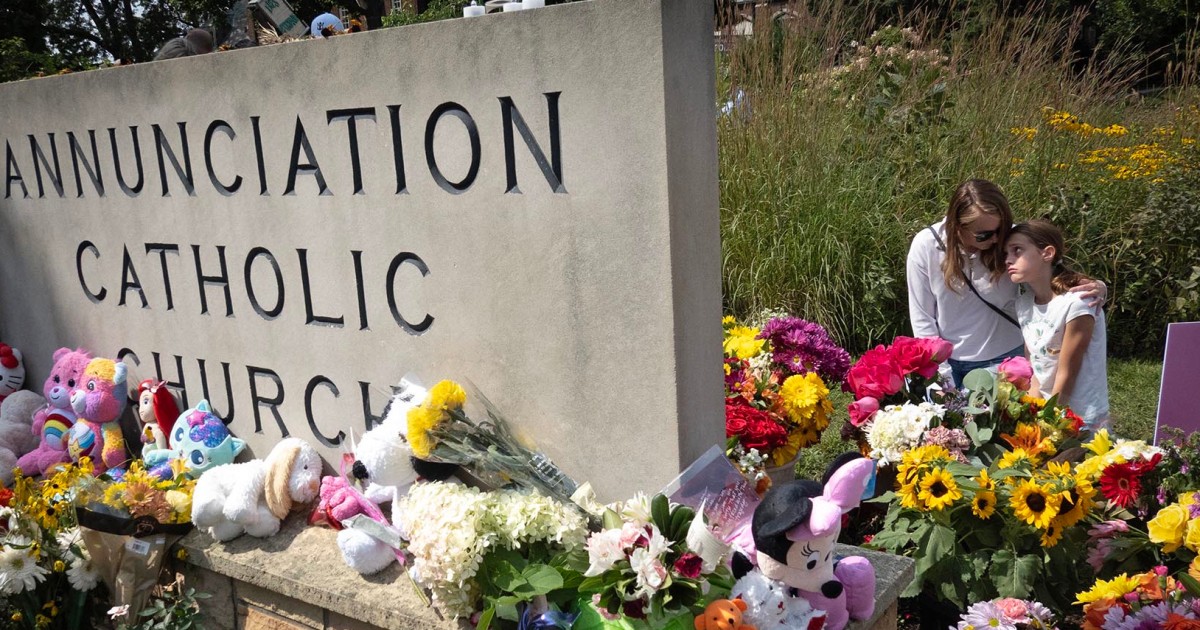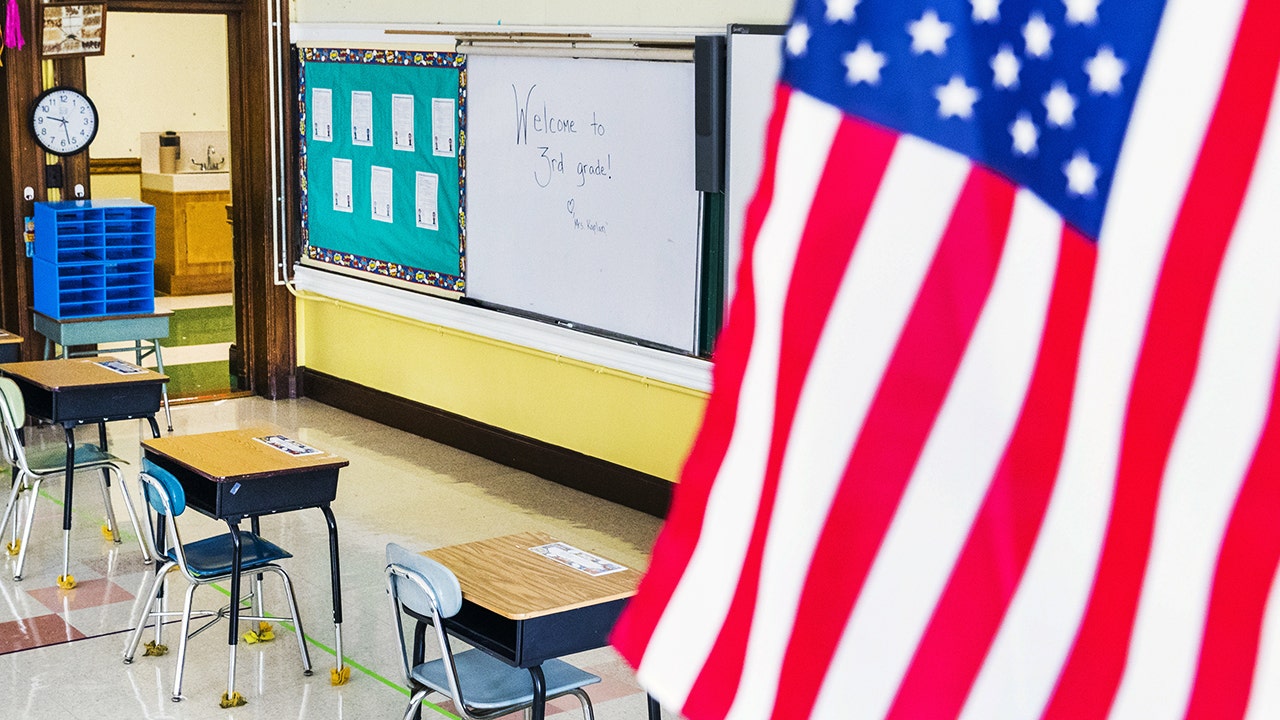Amanda Knox’s Cautionary Tale: Key Lessons for Study Abroad Students
Nearly a decade after her acquittal for the 2007 murder of Meredith Kercher in Italy, Amanda Knox has emerged as an advocate for study abroad safety. In recent interviews, Knox highlights how cultural misunderstandings and legal disparities upended her life—a stark warning for the 347,000+ U.S. students studying abroad annually. Her insights reveal critical precautions for navigating foreign academic environments.
The High Stakes of Cultural and Legal Misunderstandings
Knox’s case became a global spectacle, exposing how cultural biases and procedural differences can escalate crises abroad. “I was unprepared for how quickly assumptions could spiral,” Knox stated in a 2023 podcast. Italian prosecutors initially interpreted her behavior—like kissing her boyfriend outside the crime scene—as evidence of guilt, a reaction experts attribute to cultural dissonance.
Dr. Elena Ricci, a cross-cultural psychologist at NYU, explains: “Americans abroad often underestimate how demeanor impacts perception. Gestures deemed neutral in the U.S., like smiling under stress, may signal insincerity elsewhere.” Data supports this: A 2022 Institute of International Education survey found 62% of study abroad participants received no pre-departure cultural competency training.
Essential Safety Strategies for Students
Knox and travel safety experts emphasize proactive measures:
- Research local laws: 43% of students admit they don’t review destination laws, per a SAI Programs study. Simple acts (e.g., carrying painkillers requiring prescriptions abroad) can trigger legal trouble.
- Establish emergency protocols: Save contacts for the nearest U.S. embassy and local emergency services.
- Use buddy systems: Share itineraries with trusted peers and program coordinators.
Institutional Responsibilities and Gaps
While Knox’s ordeal was extreme, it underscores institutional shortfalls. Only 28% of universities mandate safety briefings, according to NAFSA. Critics argue programs prioritize enrollment over risk education. “Schools must simulate scenarios like detainment or medical emergencies,” urges security consultant Marko Petrovic. Conversely, some administrators cite liability concerns in providing granular advice.
Navigating Media Scrutiny and Bias
Knox’s trial became a tabloid frenzy, with media often amplifying stereotypes. “The ‘dangerous American’ narrative overshadowed facts,” notes journalism professor Linda Stein. Students today face heightened scrutiny via social media. A 2023 Pew Research study found 51% of exchange students edited their online presence pre-departure over privacy fears.
The Path Forward: Balancing Adventure and Awareness
Despite risks, study abroad participation rebounds post-pandemic, with a 17% annual increase. Knox advocates for preparedness without paranoia: “The world is wondrous, but humility saves lives.” Programs like CIEE now integrate case studies of past incidents into orientations.
For students, the lesson is clear: cultural fluency is as vital as a passport. Before departure, consult resources like the U.S. State Department’s STEP program and enroll in safety workshops. As global tensions evolve, proactive education remains the surest safeguard.
Interested in studying abroad? Verify your university’s risk management policies and explore pre-departure checklists from reputable providers like GoAbroad.com.
See more TED Talks World



